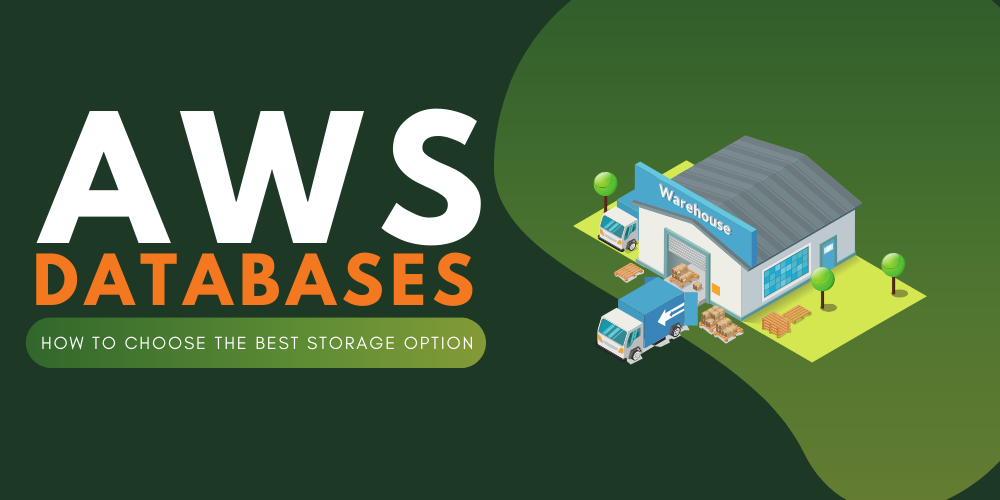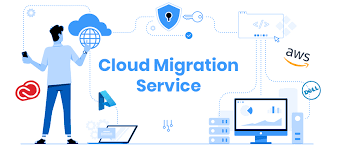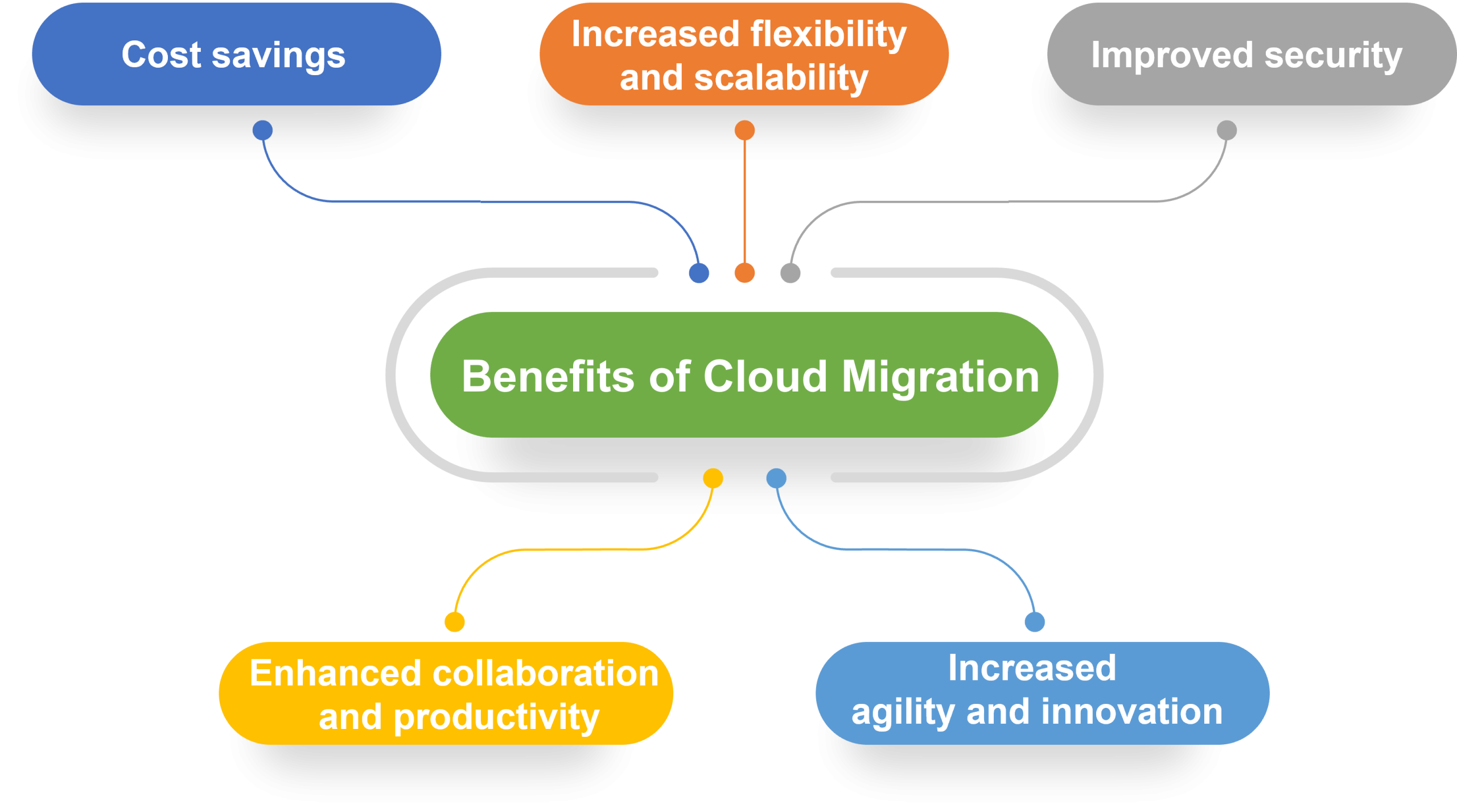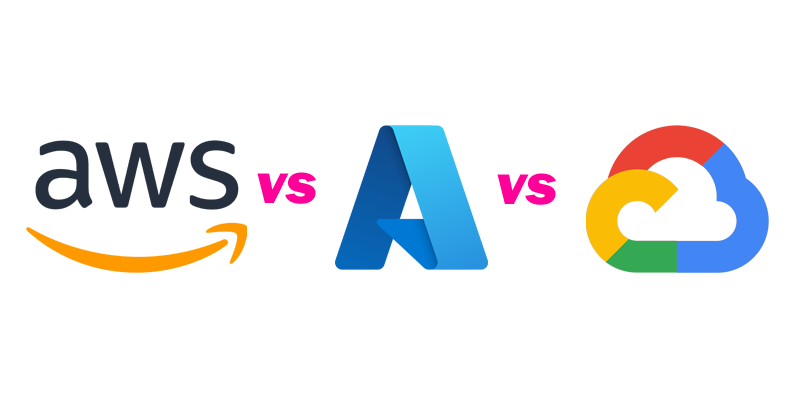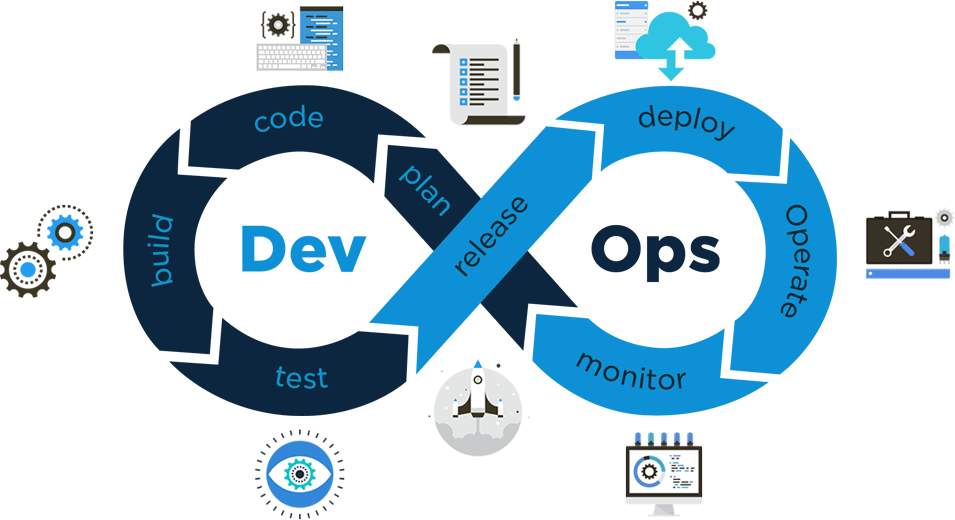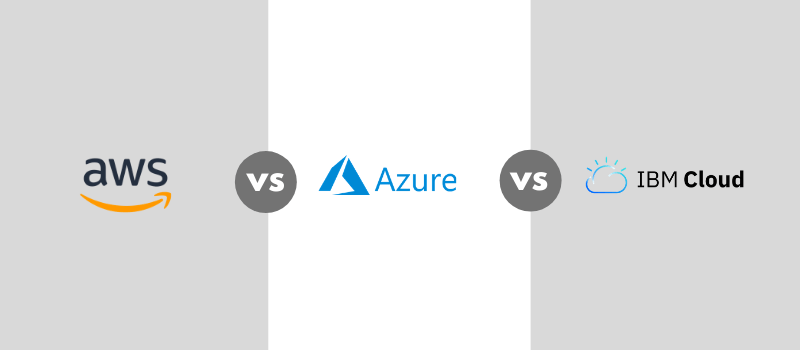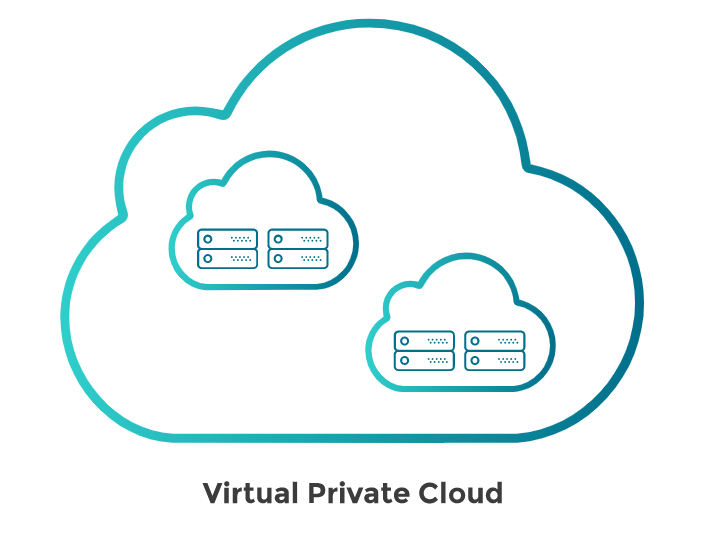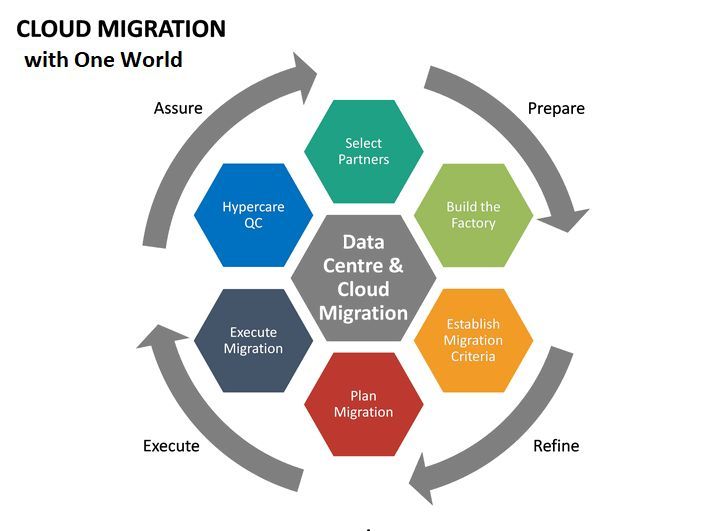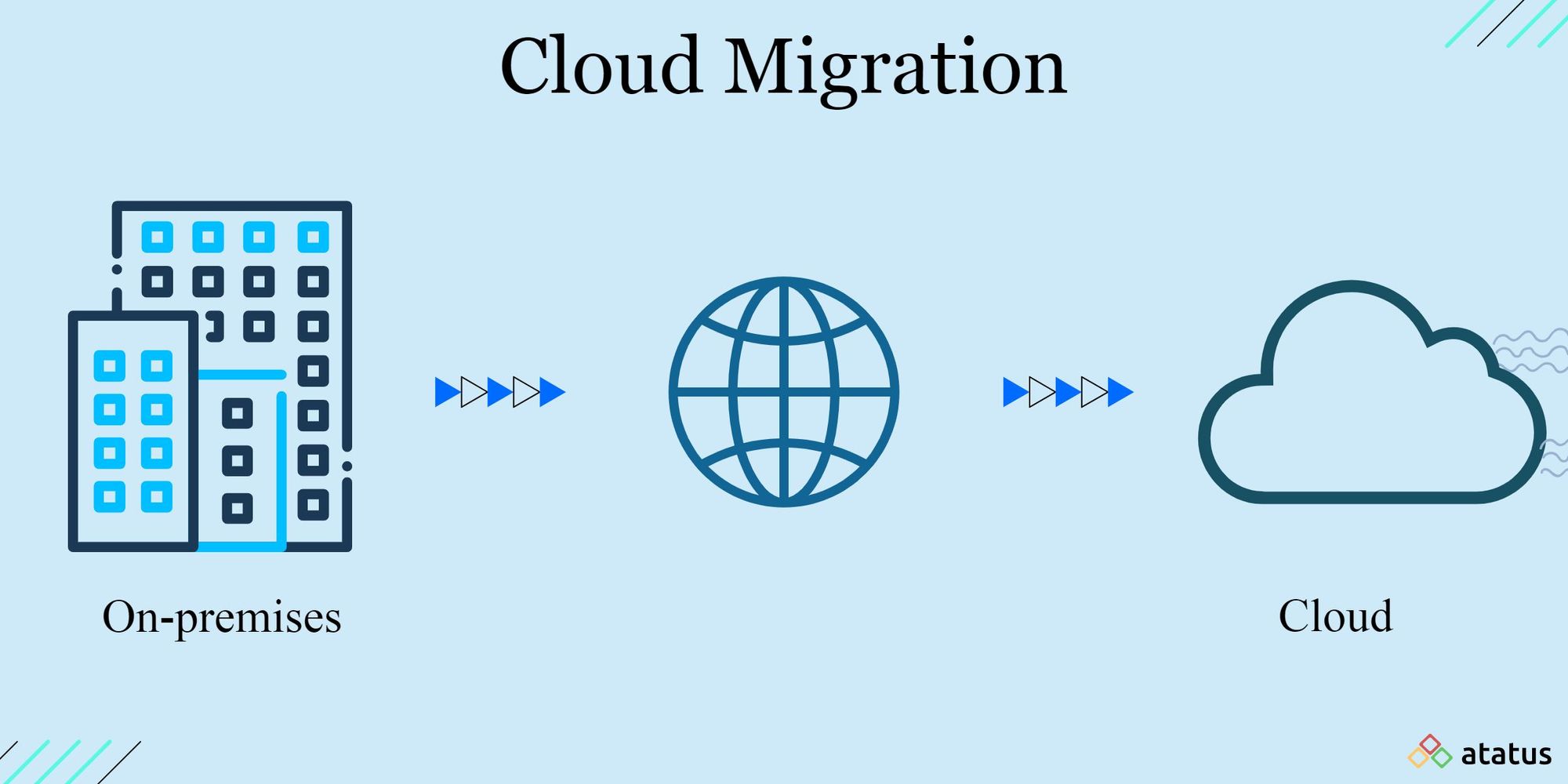Key Considerations for Selecting Top-Tier Cloud Migration Services in Houston
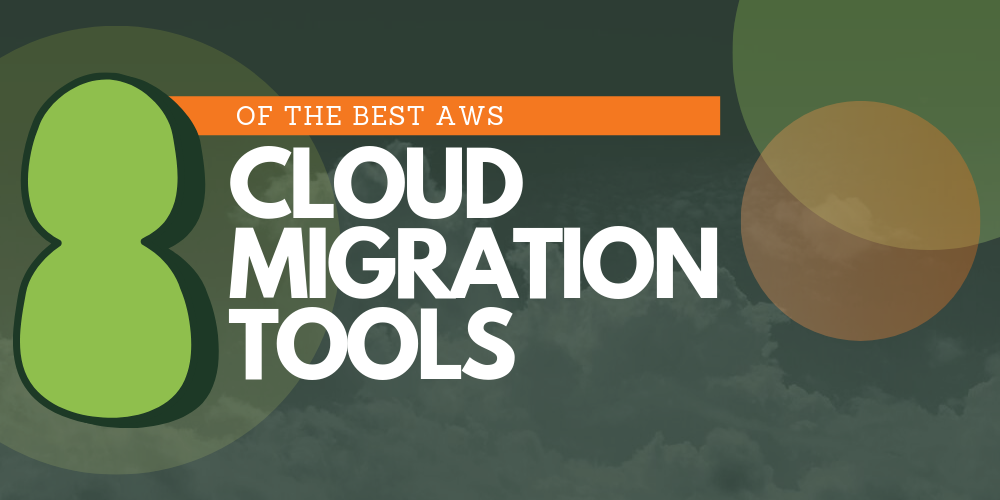
Businesses in Houston are increasingly using cloud migration services in today’s digital environment to improve scalability, streamline operations, and strengthen data security. Still, it can be difficult to choose the best cloud migration service provider because there are so many options. We have put together an extensive guide detailing the essential factors to take into account when choosing the best cloud migration services in Houston so that you can make an informed choice.
Understanding the Importance of Cloud Migration Services
The process of transferring data, applications, and other business components from an organization’s on-premises infrastructure to a cloud computing environment is known as cloud migration. This change has a lot of advantages, such as:
Scalability:
Cloud platforms give companies the flexibility and cost-efficiency to scale up or down their resources in response to demand.
Cost Savings: Over time, cloud migration can save a substantial amount of money by removing the need for on-premises hardware upgrades and maintenance.
Enhanced Security:
Advanced security measures are often used by cloud service providers to safeguard data, lowering the possibility of breaches and cyberattacks.
Improved Accessibility:
Cloud-based solutions make remote work and collaboration possible by enabling users to access data and apps from any location with an internet connection.
With these benefits in mind, choosing the best cloud migration service provider is essential to optimizing cloud adoption’s advantages and lowering associated risks.
Key Considerations for Selecting Cloud Migration Services in Houston
Expertise and Experience:
It’s critical to take into account a cloud migration service provider’s degree of experience and expertise in the industry. Seek out organizations with a strong track record of successful migrations and in-depth expertise with cloud technologies. Ask about their partnerships and certifications with top cloud providers like Google Cloud Platform, Microsoft Azure, and Amazon Web Services.
Comprehensive Services:
Select a cloud migration service provider that can customize a wide range of services to meet your unique requirements. This could involve planning and assessment, data migration, modernizing applications, and providing continuing support and upkeep. A thorough strategy optimizes the return on your investment and guarantees a smooth cloud migration.
Security and Compliance:
Ensuring data security is crucial when transferring confidential data to cloud storage. Verify that the service provider complies with regulatory requirements and industry best practices, including SOC 2, GDPR, and HIPAA. To protect your data from potential threats, you should also ask about their disaster recovery plans, access controls, and data encryption protocols.
Performance and Reliability:
Analyze the service provider’s cloud infrastructure’s dependability and performance. This entails evaluating elements like data replication capabilities, latency, and network uptime. To guarantee continuous access to your apps and data, you need a strong and resilient infrastructure.
Cost and Pricing Model:
Think about the financial effects of moving to the cloud and select a provider who has clear, upfront pricing without any additional costs. Examine pricing options, such as subscription-based versus pay-as-you-go, and evaluate the long-term total cost of ownership. Seek to reduce expenses by managing workloads and utilizing resources to the fullest.
Customer Support and SLA:
Continual operations and the migration process necessitate dependable customer support. Select a service provider that provides a dedicated account manager and round-the-clock technical support to promptly resolve any issues or concerns. Examine the service level agreement (SLA) to ascertain the provider’s responsibilities with respect to response times, performance guarantees, and uptime.
Scalability and Flexibility:
Choose a cloud migration service provider who can adapt to your company’s changing needs as it grows. Scalability is necessary to adjust to shifting workloads and provide more resources as needed. Make sure the provider also provides a flexible migration strategy that fits your timeline and business objectives.
References and Reviews:
Check references and read reviews and testimonials from past clients to learn more about the cloud migration service provider’s reputation before deciding. Look for case studies or success stories that illustrate their capacity to satisfy clients’ expectations and produce results. Consider asking colleagues in the field for advice and insights as well.
Conclusion
In conclusion, selecting an adept cloud migration service provider profoundly influences the effective utilization of cloud technologies within your company. By meticulously evaluating factors such as expertise, comprehensive offerings, security, efficiency, cost, customer support, scalability, and recommendations, you can identify top-tier providers tailored to your specific requirements. Collaborating with a reputable provider of ‘Cloud Migration Services in Houston’ positions your company for sustained growth, innovation, and success amidst Houston’s competitive business landscape. Embrace the transformative potential of the cloud and embark on your migration journey with confidence, assured that you’ve made a prudent decision aligned with your company’s objectives.
FAQs (Frequently Asked Questions)
Q1: How much time does it usually take to migrate to the cloud?
The amount of data that needs to be moved, the method of migration that is selected, and the complexity of your infrastructure are some of the variables that affect how long the cloud migration process takes. A more complicated migration involving application modernization and data transformation might take several months, whereas a straightforward lift-and-shift migration might only take a few weeks. Based on your unique needs, your preferred cloud migration service provider can offer a more precise timeframe.
Q2: What possible dangers come with migrating to the cloud?
Although migrating to the cloud has many advantages, there are certain risks as well that businesses need to be aware of. These consist of unanticipated expenses, downtime, data loss, compliance infractions, and data security breaches. To reduce these risks and guarantee a smooth migration process, you can work with a knowledgeable cloud migration service provider and put strong security measures in place.
Q3: How can I make sure that the migration process causes the least amount of disruption to my company’s operations?
Careful planning and collaboration between your company and the cloud migration service provider are necessary to minimize disruption to business operations. Provide a thorough testing, risk assessment, and contingency planning-filled migration strategy. Throughout the process, keep in touch with stakeholders and end users to manage expectations and quickly resolve any issues. To reduce the impact on productivity, think about scheduling migrations during off-peak times.
Q4: After a migration, what kind of continuing maintenance and support services are usually offered?
Post-migration support and maintenance services could involve keeping an eye on and optimizing cloud resources, diagnosing and resolving technical problems, applying security updates and patches, and giving your IT staff direction and training. To guarantee the continuous success of your cloud environment, your cloud migration service provider should provide a variety of support options catered to your needs, such as remote help, on-site visits, and proactive monitoring.
